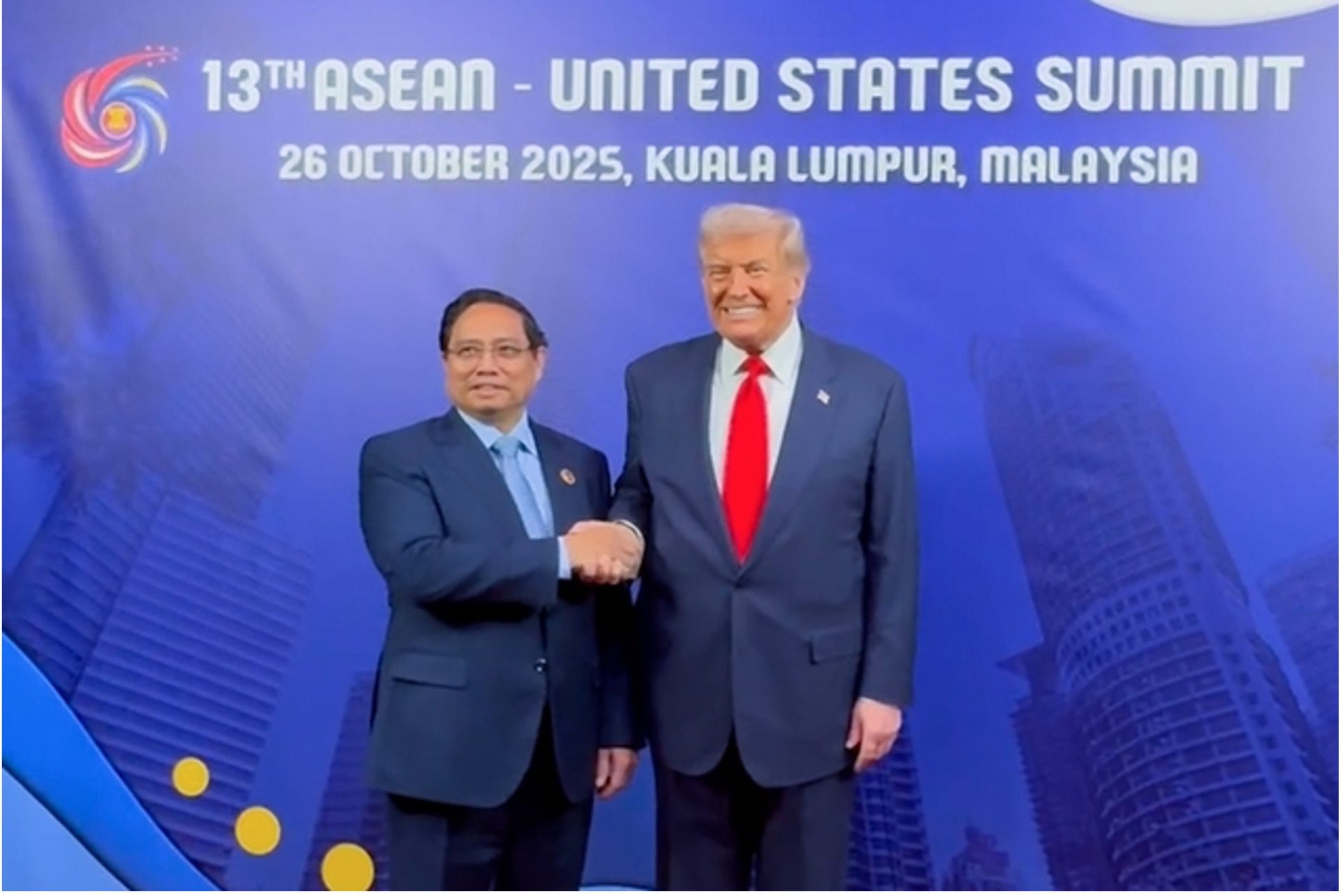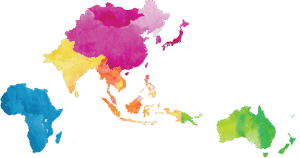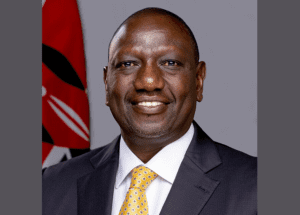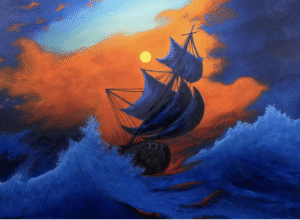
Vietnam Concludes Framework for Reciprocal Trade Agreement With the United States

The BGA Vietnam Team, led by Managing Director Nguyen Viet Ha, wrote an update on the finalized framework for reciprocal trade between Vietnam and the United States.
Context
- U.S. President Donald Trump and Vietnam Prime Minister Pham Minh Chinh finalized a framework for reciprocal trade October 26 while attending the Association of Southeast Asian Nations (ASEAN) Summit in Kuala Lumpur, Malaysia. The initiative, along with several agreements Trump struck with other Southeast Asian countries, is intended to underscore Washington’s commitment to strengthening economic relations with the ASEAN bloc — an important trading partner for both China and the United States. It comes ahead of an expected meeting between Trump and Chinese President Xi Jinping during the Asia-Pacific Economic Cooperation summit in Korea October 31.
Significance
- The joint statement on the U.S.-Vietnam Framework for an Agreement on Reciprocal, Fair and Balanced Trade (the framework) is designed to grant exporters from both nations increased market access. Under the terms of the framework, Vietnam will provide preferential access to nearly all U.S. industrial and agricultural products, and the United States will retain a 20 percent tariff rate on Vietnamese exports, with “potential tariff adjustments for aligned partners” on goods listed in Annex III. Additionally, the joint statement establishes commitments to reduce nontariff barriers, boost imports of U.S. agricultural products, enhance collaboration in the aerospace and energy sectors and improve market access for U.S. digital services. It omits any references to “transshipment” or “origin of goods,” issues that may result in higher U.S. tariffs.
Implications
- While these provisions predominantly support U.S. export interests, they also offer strategic and long-term advantages to Vietnam by reinforcing adherence to a rules-based, open trading environment, in turn promoting predictability and confidence among foreign investors. The framework indicates that additional negotiations are necessary to finalize a comprehensive agreement, expected to be concluded by late November. Vietnamese negotiators are expected to draw insights from the U.S. agreements with Malaysia and Cambodia, noting that the Malaysia deal has not fully met domestic public expectations (see BGA’s update on the trade deal with Malaysia).
We will continue to keep you updated on developments in Vietnam. If you have any comments or questions, please contact BGA Vietnam Managing Director Nguyen Viet Ha at vietha@bowergroupasia.com
Best regards,
BGA Vietnam Team

Nguyen Viet Ha
Managing Director
Ha Nguyen is an accomplished leader in government affairs and public policy with nearly two decades of experience in the Indo-Pacific region. She currently serves as managing director of BowerGroupAsia Vietnam, the Vietnamese branch of the U.S.-headquartered consulting firm BowerGroupAsia. Since 2007, Ha has developed and managed the company’s operations in Vietnam, building a team of approximately 30 professionals and delivering expert advisory services to Fortune 500 clients. Her work focuses on providing strategic guidance on and analysis of political, geopolitical, policy and regulatory developments. Ha helps companies engage government stakeholders and lead policy advocacy campaigns. Prior to her current ... Read More
×
























